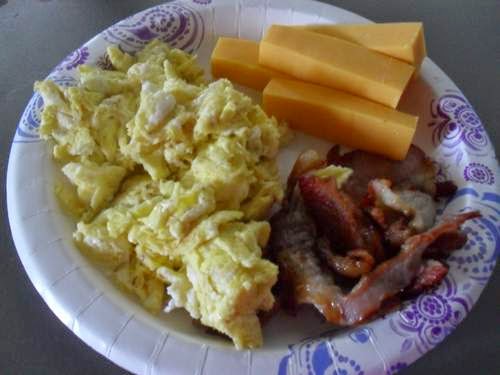Dr. Atkins Advice on Exhaustion and Leg Cramps

This morning I was taking a stroll through some of the threads over at Low Carb Friends, and I ran into something that really disturbed me. A patient of Dr. Westman was there asking for help. She has been on the high-fat low-carb diet known as Nutritional Ketosis for 4 months now. She is eating 20 carbs or less, is losing about 1 to 2 pounds a week, but she feels horrible. For some reason, she is not adapting to the state of Ketosis. Despite a high salt intake, she's having excruciating foot and leg cramps, gets dizzy, and comes near to passing out during her gym activities. She says she has zero energy, so her gym routine has dropped from 5 days a week and 1 trainer session, to just the training. She is taking magnesium and potassium supplements, along with chicken broth every day, but nothing is helping. She's exhausted and feels horrible, and yet, they want her to continue with the regimen she's been on, even though it's not working for her. That doesn't make an...

